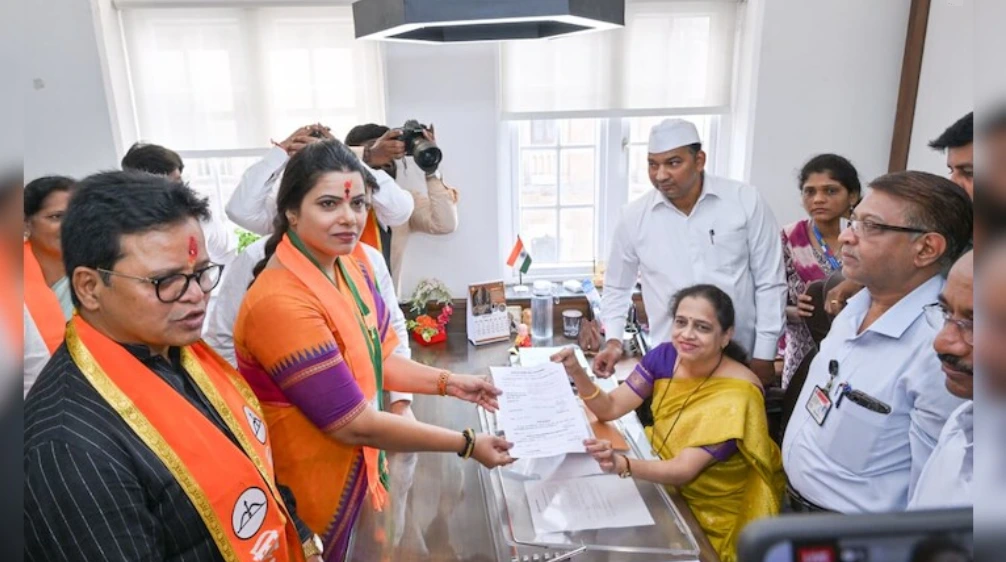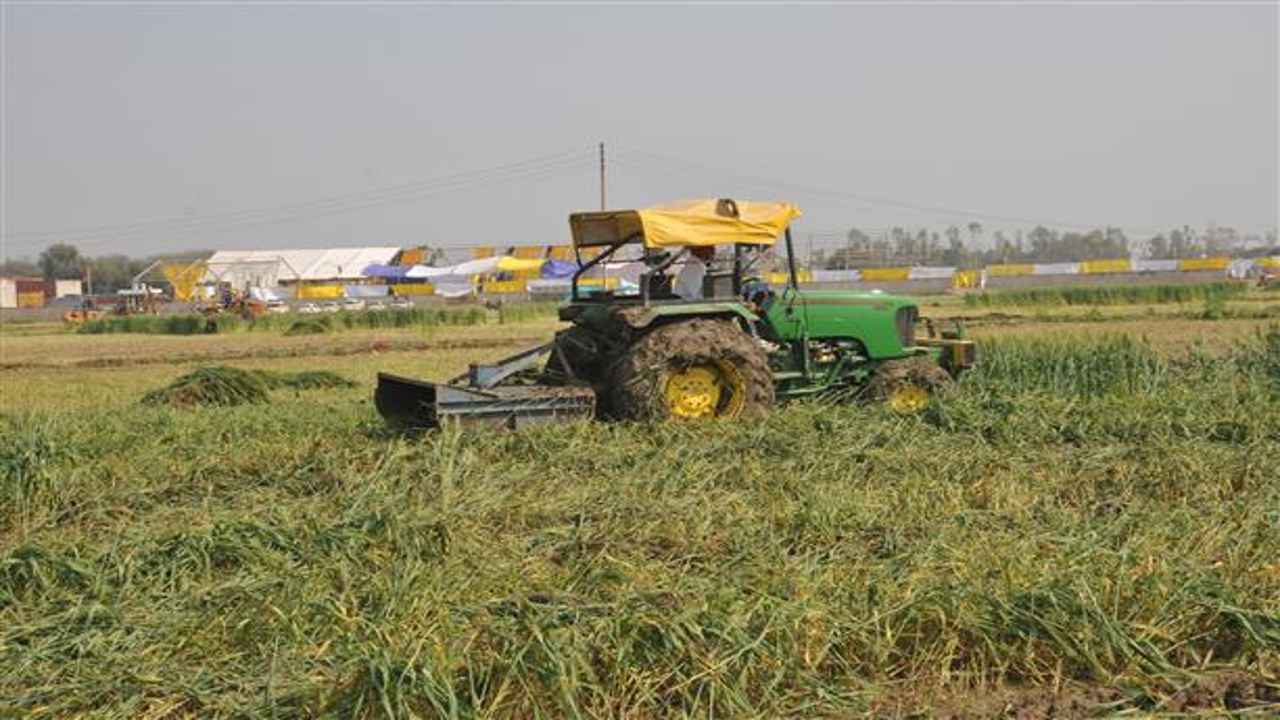India News
Arvind Kejriwal gets bail but can’t go to Delhi CM office or Secretariat
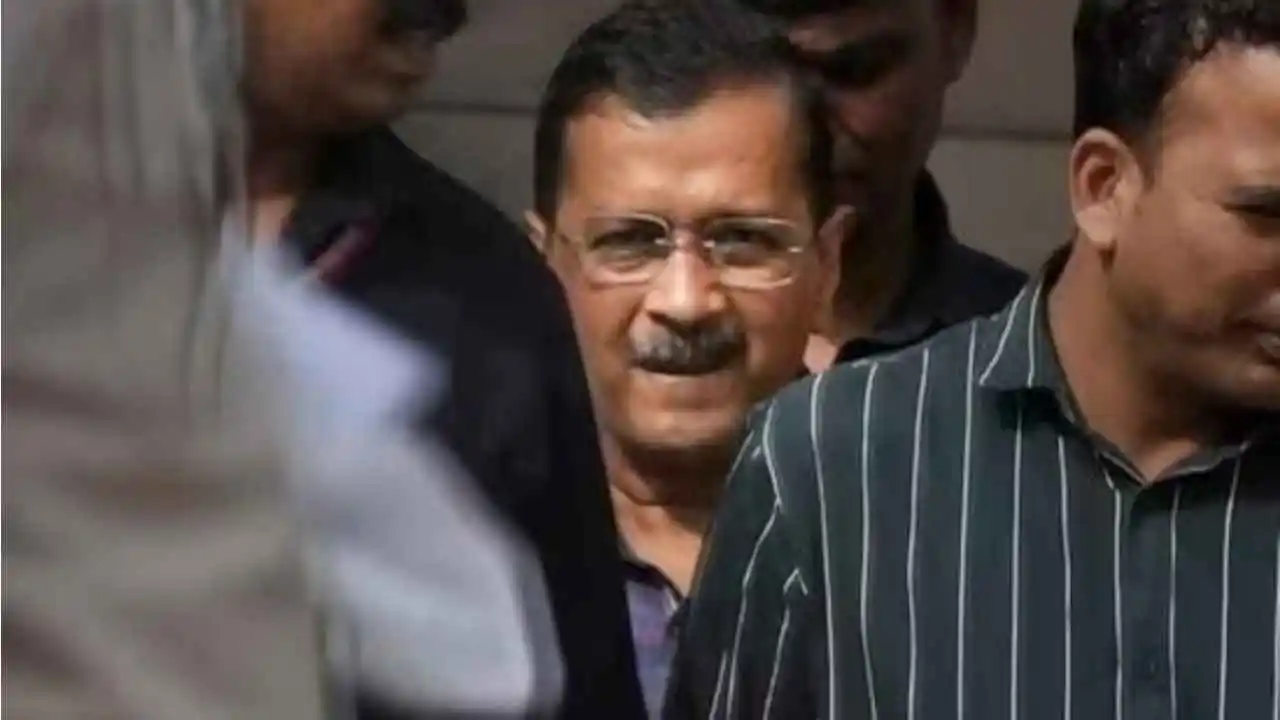
India News
BJP’s Ritu Tawde set to become Mumbai mayor, Shiv Sena’s Sanjay Ghadi named deputy
BJP’s Ritu Tawde is set to take charge as Mumbai mayor, marking the first break in Shiv Sena’s 25-year dominance of the post. Shiv Sena’s Sanjay Ghadi will serve as deputy mayor.
India News
Trump lifts additional 25% tariff on India after deal on Russian oil imports
The United States has lifted an extra 25% tariff on Indian goods after India committed to stopping Russian oil imports as part of a new trade agreement.
India News
Centre reassures farmers as India-US trade deal nears completion
The Centre has assured farmers that the upcoming India-US trade deal will not harm agriculture or dairy, while creating new export opportunities for India.
-

 Cricket news23 hours ago
Cricket news23 hours agoVaibhav Suryavanshi’s record 175 puts India U19 on course for massive total in World Cup final
-

 Latest world news23 hours ago
Latest world news23 hours agoSuicide bombing at Islamabad shrine kills 10, over 20 injured
-

 India News23 hours ago
India News23 hours agoCentre reassures farmers as India-US trade deal nears completion
-
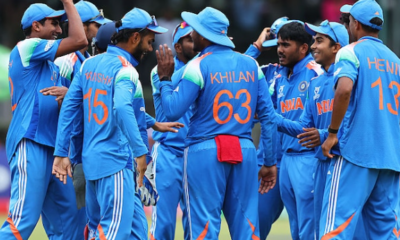
 Cricket news18 hours ago
Cricket news18 hours agoIndia wins sixth U19 World Cup title with dominant 100-run win over England
-

 Latest world news18 hours ago
Latest world news18 hours agoSuicide bombing at Islamabad imambargah kills 69, over 160 injured
-

 India News5 hours ago
India News5 hours agoTrump lifts additional 25% tariff on India after deal on Russian oil imports
-
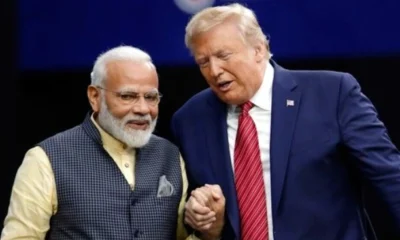
 Latest world news3 hours ago
Latest world news3 hours agoPM Modi thanks President Trump, says India-US trade framework reflects strong partnership
-

 India News2 hours ago
India News2 hours agoBJP’s Ritu Tawde set to become Mumbai mayor, Shiv Sena’s Sanjay Ghadi named deputy

